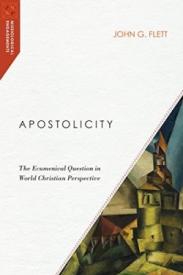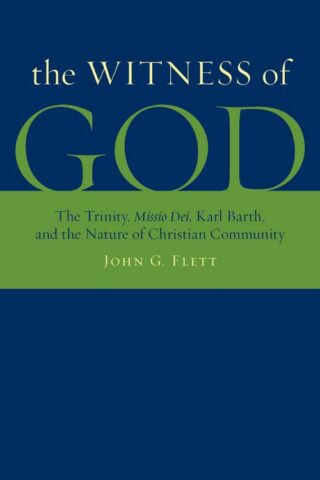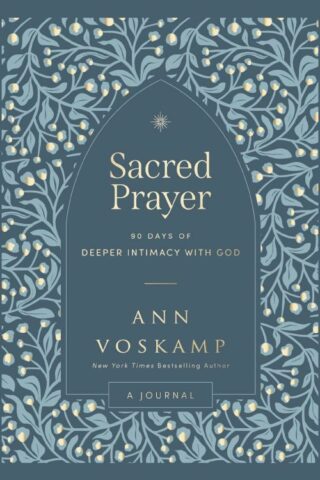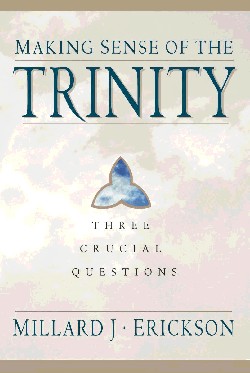John Flett
Showing all 2 resultsSorted by latest
-
Apostolicity : The Ecumenical Question In World Christian Perspective
$40.99Abbreviations
1. The Problem Of Apostolicity
2. Apostolicity Under The Horizon Of Schism
3. Culture As The Nature Of Apostolic Continuity
4. Apostolicity And Colonization: A Relationship?
5. Subordinating Apostolicity To The Apostolate
6. Historical Continuity In The Perspective Of World Christianity
7. Jesus Christ, The One Ground Of The Apostle
8. Apostolicity: The Livingness Of The Living Word
Bibliography
Author Index
Subject Index
Scripture IndexAdditional Info
What constitutes the unity of the church over time and across cultures? Can our account of the church’s apostolic faith embrace the cultural diversity of world Christianity? The ecumenical movement that began in the twentieth century posed the problem of the church’s apostolicity in profound new ways. In the attempt to find unity in the midst of the Protestant-Catholic schism, participants in this movement defined the church as a distinct culture-complete with its own structures, rituals, architecture and music. Apostolicity became a matter of cultivating the church’s own (Western) culture. At the same time it became disconnected from mission, and more importantly, from the diverse reality of world Christianity. In this pioneering study, John Flett assesses the state of the conversation about the apostolic nature of the church. He contends that the pursuit of ecumenical unity has come at the expense of dealing responsibly with crosscultural difference. By looking out to the church beyond the West and back to the New Testament, Flett presents a bold account of an apostolicity that embraces plurality.Add to cartin stock within 3-5 days of online purchase
-
Witness Of God
$39.99The Witness of God is a constructive revision of Trinitarian missio Dei theology. In it John G. Flett argues that the neglect of mission as a theological locus has harmful consequences both for understanding the nature of God’s connection with world and the corresponding nature of the Christian community.
Add to cartin stock within 3-5 days of online purchase












